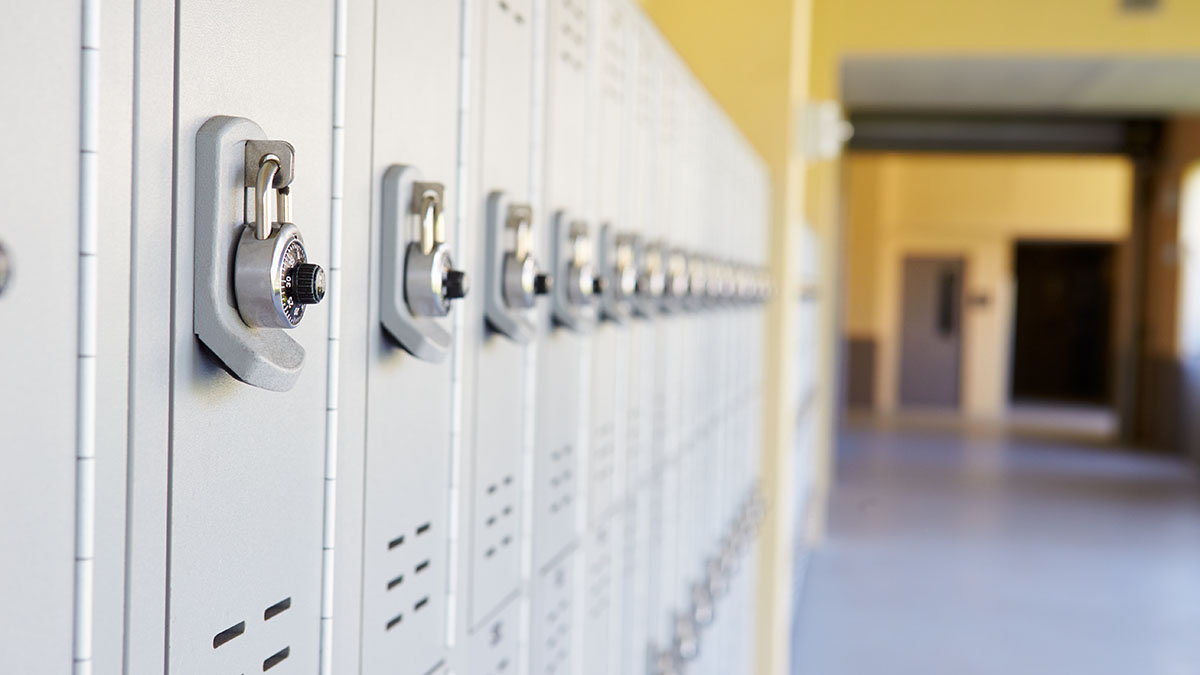Waivers are commonplace for extreme sports and at doctor's offices, but in the age of coronavirus, you may have to sign one before you get a haircut or work out at reopened businesses in the state of Illinois.
The new "norm" doesn't bother Cheryl Massignani, a longtime client at Jonathan Kane Salon and Spa in Homewood.
"I had no problems with that because I understand the risk. Being an RN myself, I know I wanted to make sure those risks were taken seriously by everybody," she said.
In fact, the waivers haven't bothered any of Larry Kane's clients so far.
"When it came down to it, we wanted to make sure every one of our customers knew what we were going to do and every one of our staff knew what we were going to do," said Kane, the salon owner.
Waivers are popping up at salons and gyms across the Chicagloand area. NBC 5 asked a legal expert if they actually hold up in court should someone contract coronavirus.
The answer isn't black and white.
Local
"Maybe," said Daniel Rodriguez, a Professor of Law at Northwestern University's Pritzker School of Law. "The purpose from the perspective of the business, the effort, is to minimize their risk of liability."
Professor Rodriguez says because there are so many unknowns in the pandemic, causation will be hard to prove - for anyone.
"Basically asking the question, how do you know whether you contracted the virus in this particular nail salon or in this particular restaurant? You truly don’t know," he said.
According to the professor, the law generally does enforce waivers under the idea of the assumption of risk. But if it's up to a jury, they may not see a waiver as sufficient or appropriate if real people who got sick are involved.
While he says litigation will likely increase as the pandemic continues, so will the use of waivers.
"The fundamental risk to waivers is it will create a certain amount of sloppiness on the part of businesses," said Rodriguez. "If businesses become confident they will be shielded from liability, the risk customers face, quite frankly, is businesses will be less diligent, less focused, and less able to take the kinds of precautions that will really protect them."
As with most things, it comes down to reading the fine print. Make sure the waiver or form not only covers its own liability but also addresses specific steps the business is taking to protect your health and safety.
At Jonathan Kane, those steps include temperature checks, masks, extra cleaning and new procedures on social distancing, which are all made clear on signage at entry and on the waiver.
'You’re responsible and understand you’re coming in at your own free will to have services performed," said Kane.



